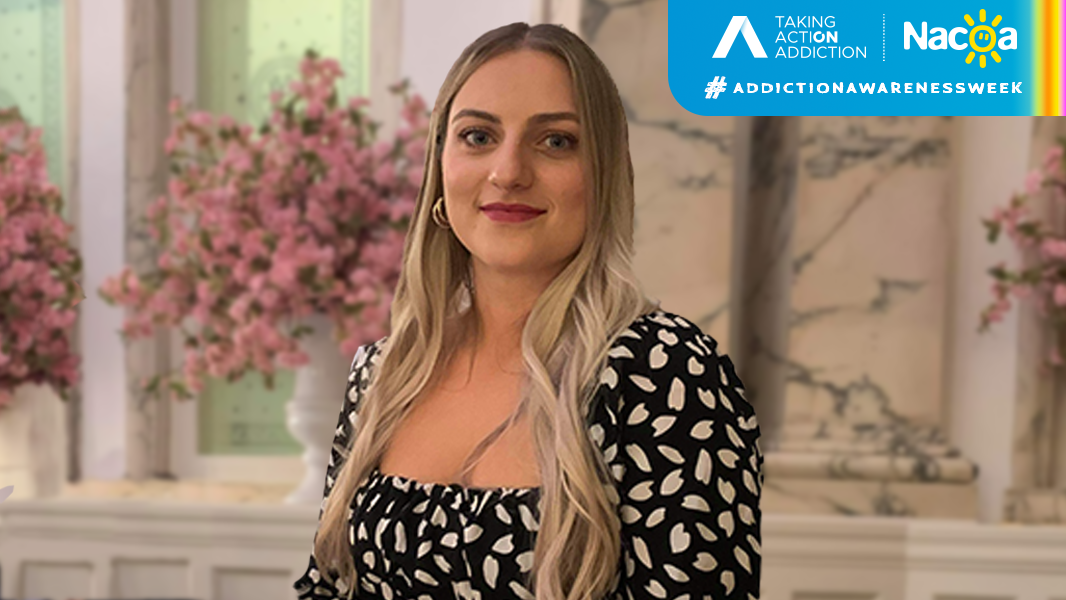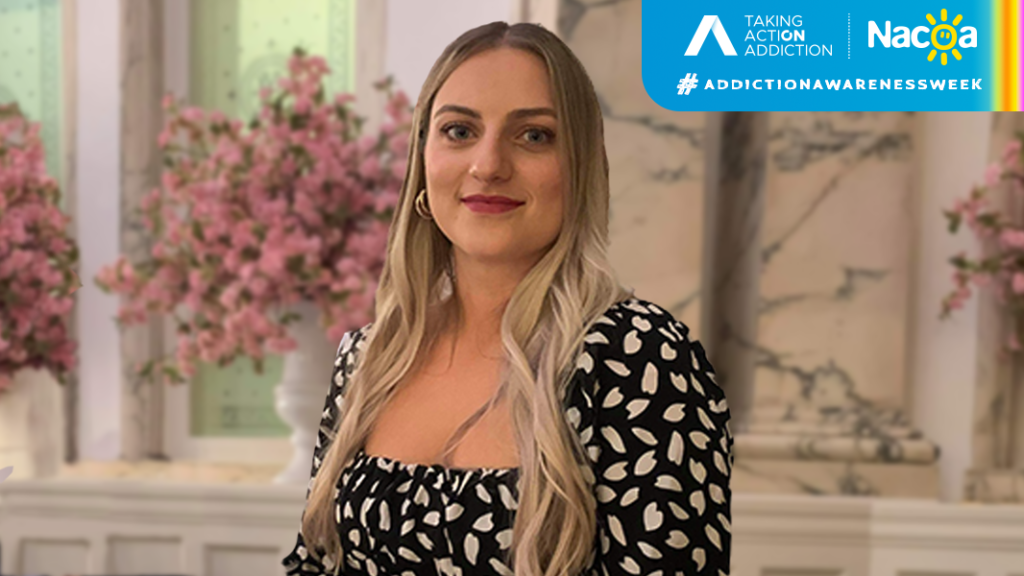

Alcohol stole my dad from me
My Dad chose to pick me up from school after football practice. His addiction chose otherwise. My Dad chose to come to my GCSE drama performance, the script of which I read for the first time imagining how entertaining he would find it. His addiction did not allow him to attend. My Dad chose to care for me as his child. His addition dictated that he would need to be cared for instead.
At first, empty cider cans were found hidden in the attic, car and cupboards. Addiction gained confidence and commanded increasing attention; a pint glass furnished the kitchen worktop, periodically filled with wine and quickly consumed.
The details of his further deterioration are less relevant than the overarching fact that addiction stole my Dad from me years before death did. Having spent 3 months in rehab, he was one of the ‘lucky’ ones, but the transition from 24/7 residential support to occasional follow up appointments 72 miles away was unsuccessful and relapse shortly followed.
My concerns about my Dad’s ability to stick to his promises could have been adequately answered by a Magic 8 Ball fixed to say ‘Don’t count on it’. For every promise followed through there were several broken. Alcohol was gaslighting us both – he believed his promises with the same desperation that I often did. Alcoholism was not welcome in our home, but there it was deep throughout the structure causing subsidence and pulling my Dad down too. He was supposed to come skydiving with me, teach me to drive and jokingly wish prospective boyfriends good luck. Addiction stole those experiences and many more from me; a theft for which I cannot be compensated. The theft of time from my younger siblings is greater still.
The most dangerous drug of all: alcohol
In shops, cigarettes and tobacco are plainly packaged behind sliding doors. Gambling rooms of service stations are often guarded by gates and security, and spending limits can be implemented on betting apps. Gambling advertisements must not “portray, condone or encourage gambling behaviour that is socially irresponsible or could lead to financial, social or emotional harm”. ‘Drugs’ is often a dirty word for illicit substances, but there is no comparable degree of protection from what is arguably the most dangerous drug of all: alcohol. Instead, it sits on the promotional ends of supermarket aisles or near the checkouts to be impulse purchased. Regulation of alcohol advertising to a level consistent with gambling and smoking would minimise such active encouragement of potentially harmful drinking behaviour and afford those experiencing alcohol dependency much-needed support. Detailed information and policy suggestions on this matter can be found here.
Ultimately, addiction is not a choice. Recovery is a lifelong responsibility. Sufficient support and protection for anyone impacted by alcohol dependency should be a collective societal responsibility. Even though I am no longer a child and no longer live with an alcohol-dependent parent, I will forever carry the weight that was conveyed upon me in this role and will therefore never cease to be the child of someone who was alcohol-dependent. Sometimes I still feel like I am trying to hold all of the broken pieces of myself together since alcoholism destroyed my family and myself.
Recovery is a lifelong responsibility
Prevention is better than cure, and whilst Nacoa largely work to contribute to the ‘cure’ and the repercussions of addiction and recovery, we can individually and collectively be safer from addiction when more effort is poured into prevention. Each of us can help by a supporting policy change, de-stigmatising addiction and supporting charities like Nacoa.
I hope that the barriers to recovery that my Dad faced can be minimised and removed, and that adequate, consistent and accessible support can be available to everyone impacted by alcohol dependency.
Molly
Find out more about Addiction Awareness Week and Taking Action on Addiction here.
For more experience stories, find Support & Advice.

























































































